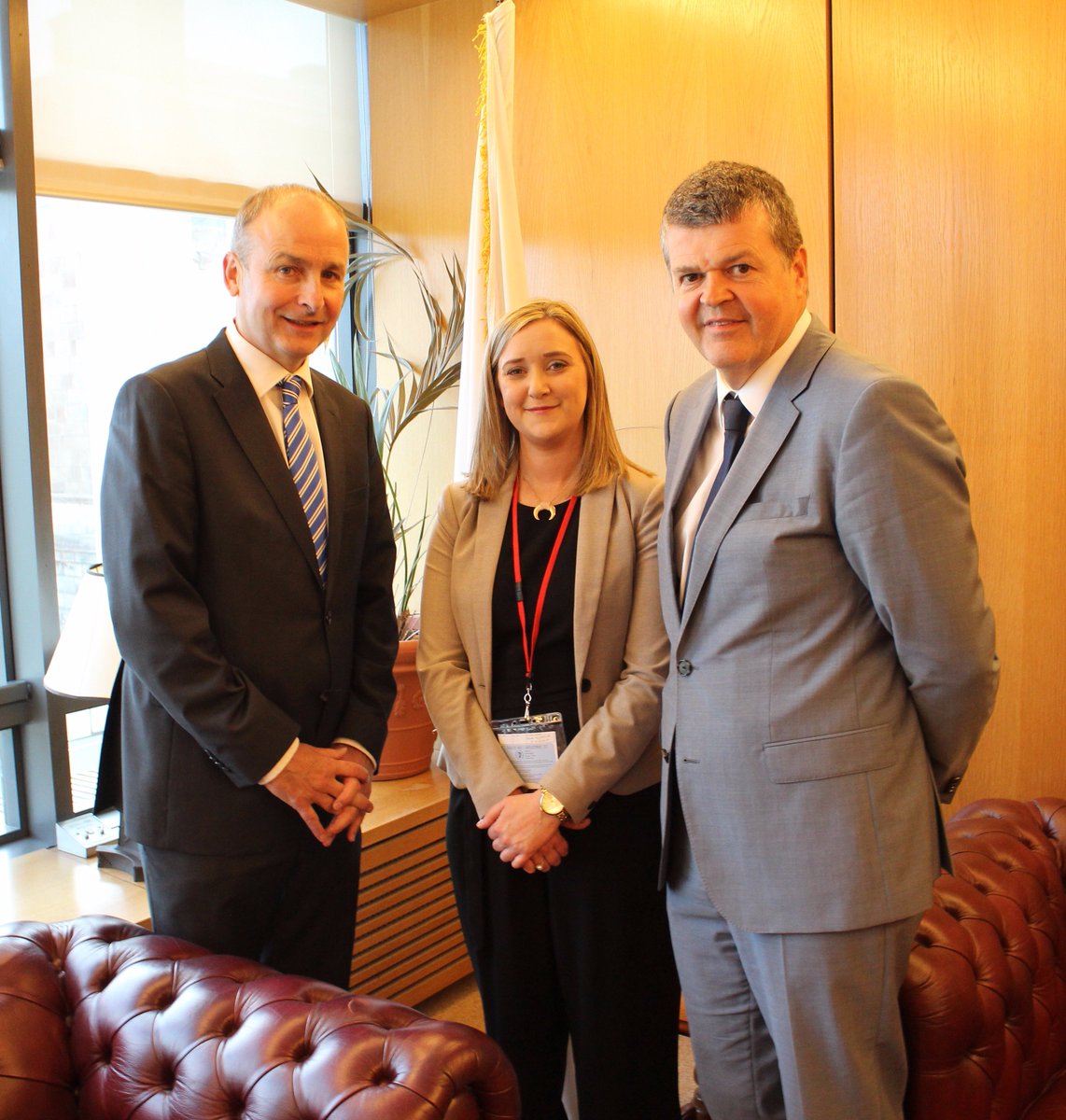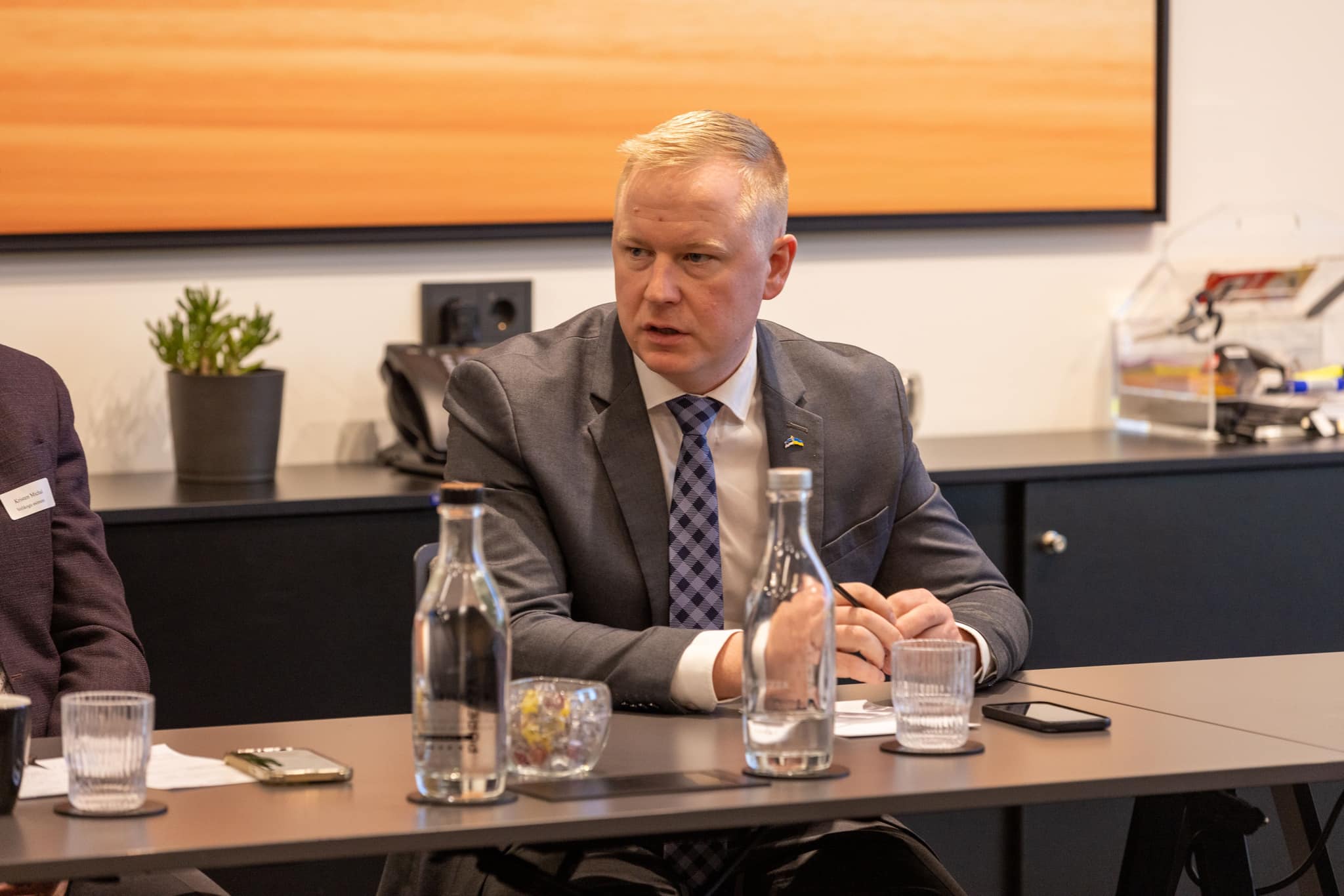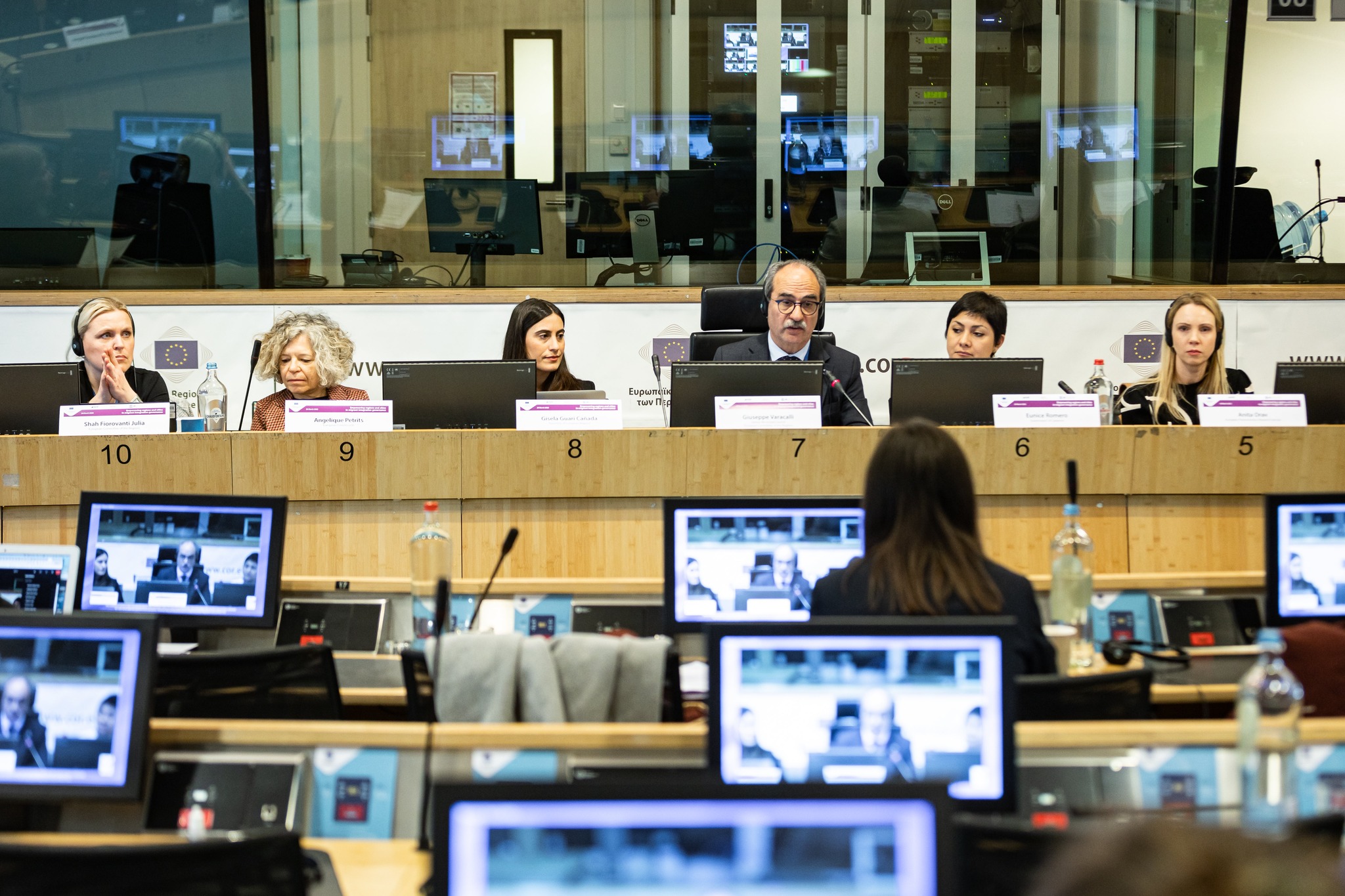Our members will address Chief Brexit Negotiator Michel Barnier at the next European Committee of the Regions Plenary, and discuss the recent Brexit developments and the future relationship with the UK.Thursday 6 December Chief Brexit Negotiator Michel Barnier will address the European Committee of the Regions and debate with our members the consequences of Brexit, how to soften the blow and ways to maintain cooperation on a local and regional level between the EU27 and after the UK leaves the EU.
Subnational authorities face considerable challenges depending on the Brexit scenario, and the current uncertainty makes preparations extremely difficult: should extra infrastructure be built at ports and airports? What if it is not needed? When to start building? What rights will local authorities need to guarantee? How will European Structural and Investment Funds be affected across the Union? What opportunities are there, if any? These are just some of the questions that subnational authorities are facing as Brexit approaches, and for which there are still few answers. Liberals at the CoR have been driving forward the debate.
Our members, including our President Bart Somers, Vice-Presidents Ulrika Landergren and François Decoster as well as several of our members such as Kate Feeney, and Doreen Huddart intervened in the debate to highlight their region’s hopes and fears.
– Our Group became the first delegation of the European Committee of the Regions in June 2017 to visit Ireland and to find out directly on the ground how Brexit will affect Ireland from a subnational level, teaming up with Fianna Fáil for this special occasion. Our President Bart Somers and member Kate Feeney discussed the impact of Brexit on Ireland with Michael Martin TD, leader of Fianna Fáil.
– Our President Bart Somers, together with the other political group leaders in the CoR, spoke with Michel Barnier to prepare Brexit negotiations in January 2017.
– Our Vice-President François Decoster explained how Brexit will affect the Hauts de France region, where he is Vice-President, in the CoR-report “Assessing the impact of the UK’s withdrawal from the EU on regions and cities in EU27”.
– François Decoster is chair of the Brexit Interregional Group of the European Committee of the Regions, and participated in several study visits to prepare regions for Brexit. In his capacity as chair, François Decoster and our Irish member Kate Feeney discussed the stabilisation fund proposal with Irish party Fianna Fáil. This Fund would be established at the EU level to help those regions that will be most impacted and for whom the consequences could not be avoided even when having prepared as much as they could
– Kate Feeney’s Brexit stabilisation Fund proposal was unanimously adopted by the European Committee of the Regions plenary in May 2018.
– François Decoster was also part of the CoR delegation invited by the Houses of the Oireachtas (the Irish Parliament) to discuss Brexit with the Joint Committee on EU Affairs. The delegation also visited Newry in Northern Ireland, meeting with the Northern Irish Local Government Association, and visited the border area, where – apart from the concerns for the peace process – businesses are bracing for a severe economic impact if border checks and tariffs are re-introduced.
– Ulrika Landergren was part of the fact-finding mission of the European Committee of the Regions to Scotland, meeting with the Scottish Prime Minister and Scottish MP’s, in June 2017.
– Cees Loggen discussed strengthening European bonds in preparation for post-Brexit as our agriculture spokesperson with Fianna Fáil and ALDE Party Vice-President Timmy Dooley during the Fianna Fáil party congress in 2017.
– Integrated in most of our reports, the Brexit-angle featured prominently in for instance the future of the remaining EU Atlantic States, the future of the EU’s Outermost Regions, the future of the EU funds post-Brexit,…
Subnational authorities throughout the Union will be watching the forthcoming Westminster vote very carefully, for an orderly withdrawal of the UK is the much preferred scenario to avoid chaos and confusion regarding new infrastructure, paperwork, rights, and EU funds.
.@BartSomers, @KateFeeneyFF discussed impact #Brexit on #Ireland with @MichealMartinTD – key to raise awareness across EU regions & cities pic.twitter.com/iRLtQ1lWTZ
— ALDE-CoR (@ALDE_CoR) 16 June 2017
“Brexit will be bad, but worse without preparation by all levels of government. A #Brexit Stabilisation Fund as proposed by my colleague @KateFeeneyFF will be needed for impacted regions”, says our VP @fdecoster during @EU_CoR study visit to Irish Parliament @OireachtasNews pic.twitter.com/cDJMJ8nCde
— ALDE-CoR (@ALDE_CoR) 22 May 2018
.@ulandergren at @EU_CoR fact finding mission “Consensus in #Scotland that its ageing society needs immigration; hard #Brexit very damaging” pic.twitter.com/3UPQttheOa
— ALDE-CoR (@ALDE_CoR) 22 June 2017





